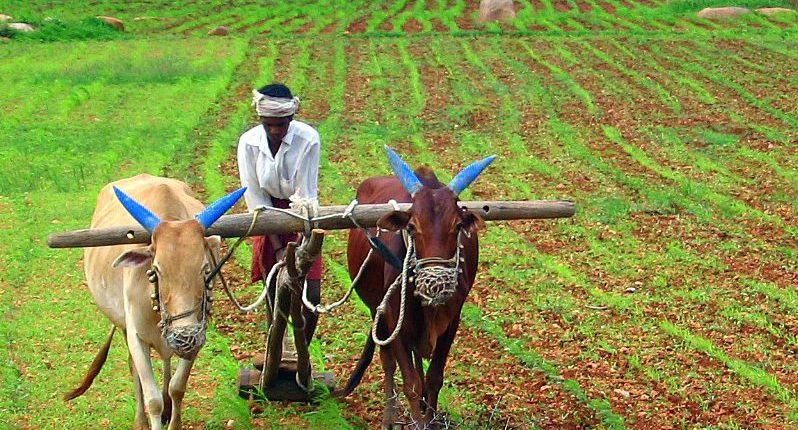The Union Budget 2019-20 was presented by the Minister of Finance Nirmala Sitharaman in the Parliament today. The government has not neglected the fact that a major portion of the population belongs to the rural sector whose livelihoods depend mainly on agriculture and traditional industries.
During the Budget speech, Nirmala Sitharaman announced that the government has proposed to aid private entrepreneurship which shall help farmers to supplement their crop’s value in line with other allied activities such as bamboo, timber, and the generation of renewable energy.
The government shall also encourage farmers who dairy via cooperative societies and set up the infrastructure for the various dairy-related processes such as milk procurement, cattle feed manufacturing, processing, and marketing of dairy products.
The agriculture sector was praised by the Finance Minister for being able to reduce the import bill for pulses. “I place my appreciation for our farmers who have made India self-sufficient in pulses”, said Nirmal Sitharaman while delivering the Budget.
It was also mentioned that the nation’s import bill for oilseeds would also witness the same outcome as pulses, considering the farmers’ dedication and services.
The government also plans on establishing over 10,000 new Farmer Producer Organisations by the year 2014. This will ensure a proportionate saving in costs obtained by a higher level of production for the farmers.
The Central Government shall work in close association with the State Government to ensure that the farmers are benefited by the e-NAM (National Agriculture Market) – a Digital India initiative. The Finance Minister believes that exposure to online markets and ease of living is equally important for farmers.
Also Read: Union Budget 2019: Indian start-ups to get a major boost this financial year
The Centre wishes to expand the Zero Budget Farming in the agriculture sector allowing farmers across the country to double their income. Though the concept has already been introduced in many states, the government believes that its high time that all farmers are aware of the innovative module.
The department of drinking water and sanitation has come with plans to focus on water management under the Jal Jeevan Mission in rural areas. The mission involves creating awareness and setting up infrastructure for rainwater harvesting and reuse of household water for agricultural purposes.
The Budget has also included tax amendments on the GST front. The tax applicable to certain agricultural, harvesting, forestry, horticulture, and machinery has been brought down to 12% from 18%.
In the same line, the tax rates on eco-friendly accessories such as handbags, furniture and handicrafts have also been reduced to 12%.

Abbreviation is the name of the game – SIP, NPS, ELSS, KTM, and OMR.
Vishnu is the cat that got too curious. He can normally be found staring at market charts or drooling over his Real Madrid curios.
Favourite quote: ” Madrid, Madrid, Madrid ¡Hala Madrid! Y nada más”





